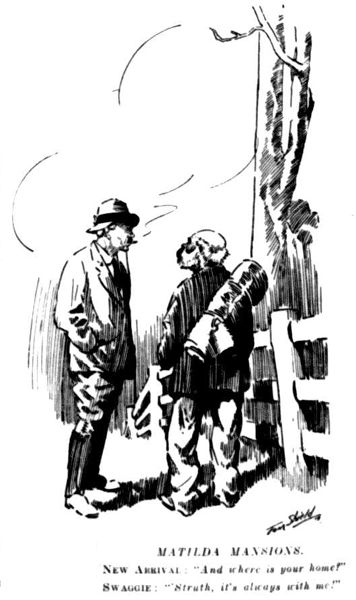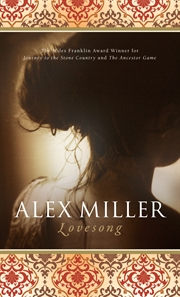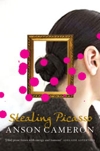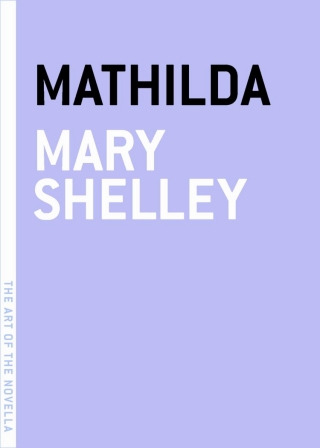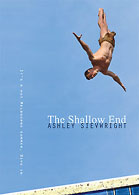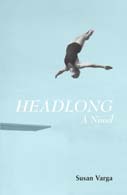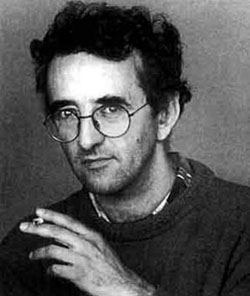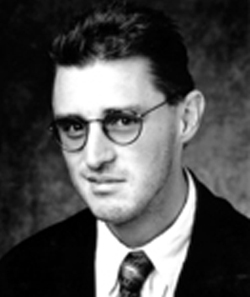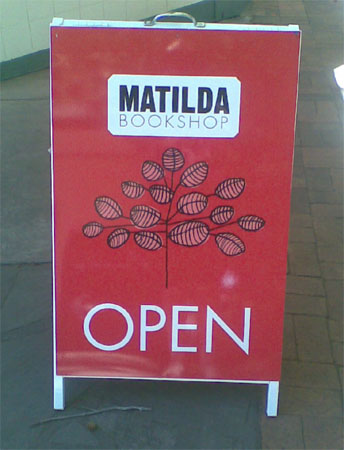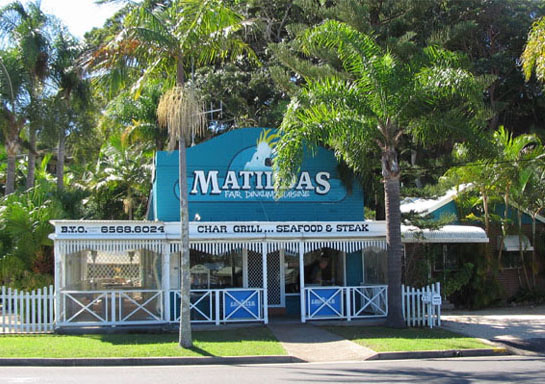If you're interested in paper and books as physical objects then you need to be acquainted with Ampersand Duck and her weblog. Funny name, really interesting and informative stuff. For her latest adventure, Ms Duck contemplates the Museum of Printing in Queanbeyan and how its denizens would have reacted to a recent TV program featuring Stephen Fry and the Gutenberg Press. Missed that one. Must follow it up.
Justine Larbalestier is out and about promoting her new novel Liar. If you can't get to see her (check her weblog for where she'll be next - mainly the US at this time) then you can take in her guest-blog on the "Teenreads" weblog.
And speaking of liars, Spike - the blog of the Meanjin Quarterly - asked the editors of Allen & Unwin, who blog under the Alien Onions banner, what lies they had told about their reading habits. There are the usual Tolstoy and Joyce fibs, but I especially liked the following: "I wrote my essay on The Old Man and the Sea after watching the movie - and I still haven't read the book." I've also done that. Well, not writing an essay, but fibbing about a book in high school that I hadn't read knowing full well that I had only seen the film adaptation. Actually, the Onions should read the Hemingway: it's short, very silly and probably gives a good indication of the man's style. Read it and cross another Nobel prize winner off the list. Silver linings, etc.
[This is now becoming a habit - I choose the title of these posts early in the week, even before I have anything to write about, and then come across interesting web links that fit the title perfectly. I can hear the theme music from "The Twilight Zone" playing softly, somewhere...]
Estelle, of "3000 Books", is getting worried that she's reading novels with similar subjects. To figure it out she set up four novels in a diagram, with connections showing the similarities. But it's only 4 Estelle. If it was 10 or 20 then I really would be worried. Sometimes a reading program will take you down one path for a while, you just have to be sure you don't stay on it for too long.
ABC TV current affairs reporter, Leigh Sales, lists her best book to film adaptations. Looks like a good list - even though I haven't read all the books - nor have I seen all the films. No lies here: of the five entries on the list, I've read two of the books and seen four of the films. One entry fits neither of these categories.
Margo Lanagan purrs over the upcoming edition of her novel Tender Morsels - actually it's the Shaun Tan cover art she purrs over.
D.M. Cornish answers a question from a reader regarding how he keeps writing when he doesn't know where to go or what to do. His comparison of the process being like getting an injection seems a good one.
John Birmingham is working on the redraft of his upcoming novel, After America, and realised that one of the book's narrative arcs had changed so much in the rewriting that he was able to scrap the original's whole opening chapter. Not one to throw anything away he's published it on his weblog. As he puts it: "So here you go, something you almost never get, raw copy ripped bleeding from the original manuscript before an editor had even had a chance to get to work on it with a scalpel."
N+1 magazine has identified what it sees as an emerging "new strain within the Anglo-American novel." [Strains now? Not genres?] Not sure the same thing is happening in the Australian novel. Is BBQ a "strain"?
